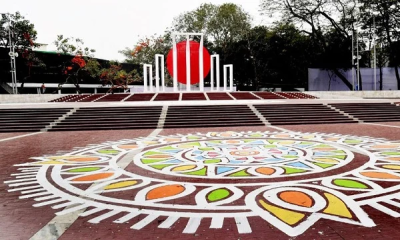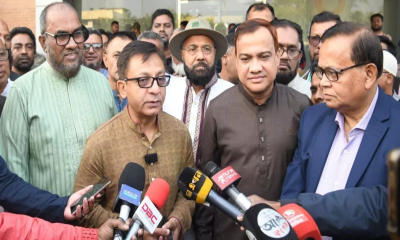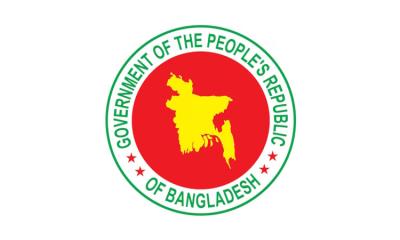The population in the capital is constantly increasing. The lack of public transport is also increasing by leaps and bounds. Pathao and Uber started serving the citizens of the capital through ride-sharing apps to reduce the lack of public transport in 2016. In a very short time, these ride sharing services became very popular. However, ride-sharing apps have now become a 'big pain' for commuters. Even if the price of fuel increases, the previous fare is available on the app. As a result of this, the drivers opt to fix a ride instant on the spot without using the apps.
According to the Bangladesh Road Transport Authority (BRTA) website, there are currently 14 ride sharing services registered in the country. O Bhai, Amar Bike, Amar Ride Easier, Let's Go, Move, Dako and many other ride sharing companies are providing this service along with Pathao and Uber. However, these companies could not gain the trust of passengers or drivers.
Pathao charges 10% commission during peak hours and 15% during off-peak hours. On the other hand, Uber takes a 25% commission from the drivers.
Drivers say the app operators are charging extra commission. Apart from this, although the price of fuel oil has increased in the country's market recently, the fare of the app has not been tuned accordingly. As a result, the drivers have to bear the burden of price increase.
The drivers said that after deducting the commission of the companies, servicing charges and the daily food expenditure they do not make much profit.
Passengers also have flurry of allegations. On the one hand they are not getting security, on the other hand they are being subjected to various irregularities and indecent behavior.
Passengers complain that most of
Very often the drivers cancel the request after hearing the destination, the passengers alleged. They said, the drivers pick passengers if the driver's destination is preferred. The rider does not want to go even if he wants to pay in Bikash or card. The passenger is forced to cancel the request, thereby incurring a fine. Several passengers complained that the drivers deliberately take them through congested roads in order to get more fare.
The ride-sharing service has been accused of not following government policies properly. A 24-hour call center is supposed to be open for passengers, but many ride-sharing companies do not. The Report learned that many organizations have no office in the service area.
Terms of Operation of Ride Sharing Service:
The Ride Sharing Service Policy 2017 contains a total of 50 conditions for the operation of the services. One of which is -
- The service provider must obtain the enlistment certificate from the BRTA.
- Ride sharing organization should have TIN and VAT certificate.
- The ride sharing service area should have its own office.
- Passengers should have an opportunity to complain.
- Every Yatra Police Control Room should have provision for direct surveillance if required.
- The call center of the ride sharing organization should be open 24 hours every day of the week.
- The SOS facility should be kept in the app which will automatically send the driver's information and the passenger's GPS location to 999 at the touch of a button.
Experts are skeptical about how people-friendly our transport sector can be if ride-sharing service companies run their own business.
"If the growth of small cars and motorcycles private vehicles continues to increase, then I think the image of traffic congestion in the entire Dhaka city will be at risk," communication expert and director of Bangladesh University of Engineering (BUET) Accident Research Institute Md. Hadiuzzaman told TheReport.live,
At peak times, riders are not available on the app, but many riders are seen sitting in a tangled mess at various junctions of the road. Many experts believe that this entanglement of riders is a major cause of traffic congestion.














-20260220065859.jpeg)

-20260219110716.webp)
-20260219054530.webp)














